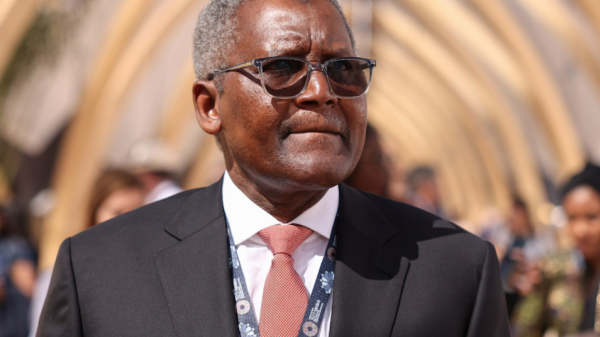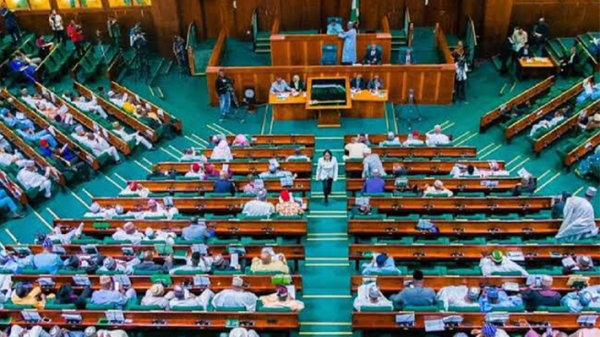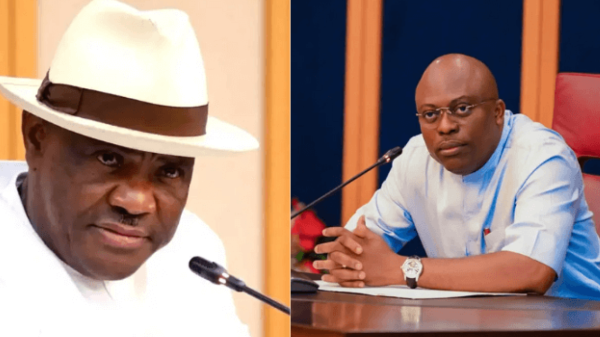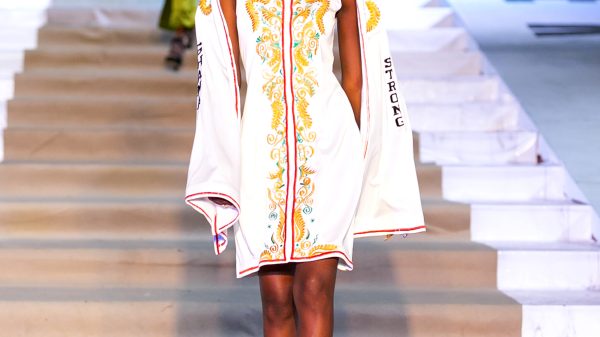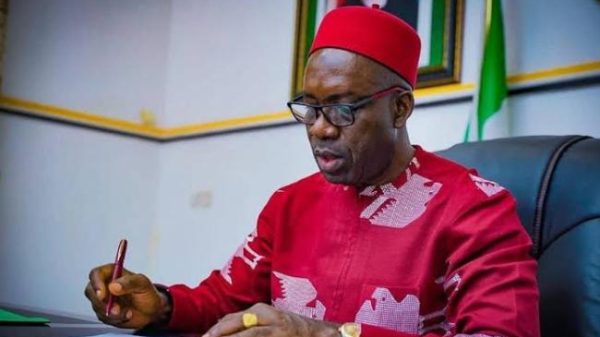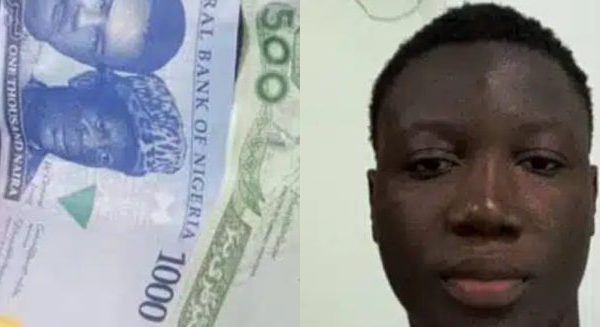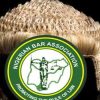Abuja, August 31, 2024 — Human rights activist Omoyele Sowore, alongside members of the Take-It-Back (TIB) movement and the Active Citizens Group, has filed a motion to set aside a lawsuit brought by the Minister of the Federal Capital Territory (FCT), Nyesom Wike. The lawsuit, currently before the High Court of the Federal Capital Territory, seeks to restrict #EndBadGovernance protests in Abuja.
Represented by the law firm Inibehe Effiong Chambers, Sowore and his fellow activists, Damilare Adenola (TIB), Adama Ukpabi, and Tosin Harsogba (Active Citizens Group), are challenging the legality of Wike’s suit. They argue that the court orders issued on July 31 and August 13, 2024, which confine protests to the Moshood Abiola Stadium, were made without proper jurisdiction and infringe on their fundamental rights.
The controversy began when Justice Sylvanus Orji of the FCT High Court extended an order restricting protests to the National Stadium, citing concerns over potential disruption of public order. The defendants were absent during the last hearing on August 13, prompting the extension of the order. The case is scheduled for further hearing on September 4.
In their motion, the activists request that the court set aside its previous orders, arguing that they were issued improperly during the court’s annual vacation without the necessary ex-parte application. They also contend that the orders were granted without a specific request from the claimant, which exceeds the court’s authority.
The defendants maintain that their right to peaceful protest is protected under the Nigerian Constitution and that the government is responsible for ensuring their safety during such demonstrations. They assert that the government’s failure to do so, not the protests themselves, is what threatens public order.
The activists have also filed a preliminary objection, seeking punitive costs against Wike’s counsel for filing what they describe as a frivolous and unconstitutional lawsuit. They urge the court to dismiss the minister’s claims entirely, arguing that the suit is an attempt to suppress free expression and peaceful assembly in Nigeria.
The case continues to draw attention as it raises critical questions about the balance between public safety and the constitutional rights of citizens to protest.




















